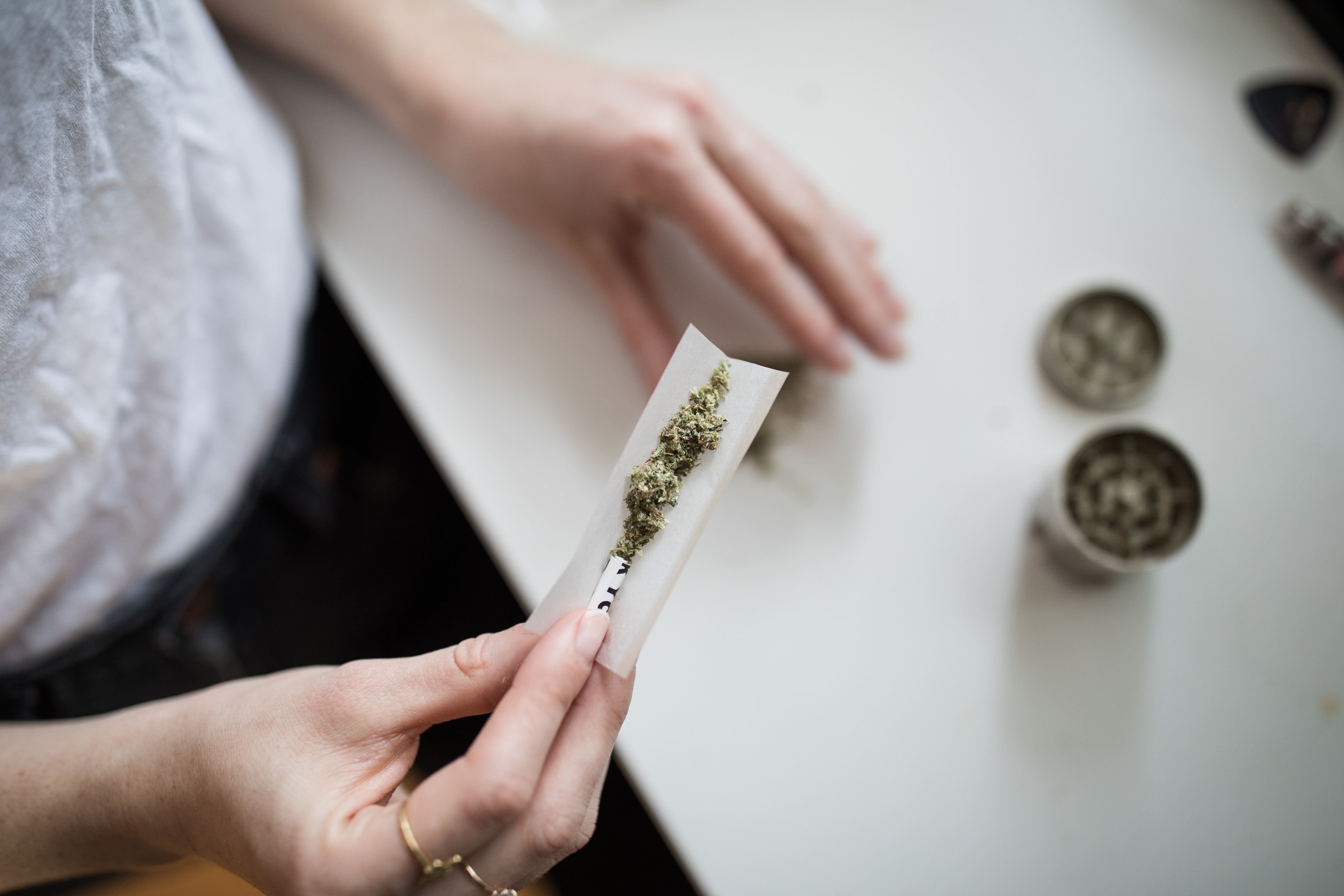

The FBI has loosened employment restrictions for would-be agents who’ve previously used marijuana.
In one of the latest signs that the cannabis reform movement is having a federal impact as more states enact legalization, FBI quietly updated its hiring policies within the past month to make it so candidates are only automatically disqualified from joining the agency if they admit to having used marijuana within one year of applying.
Previously, prospective employees of the agency could not have used cannabis within the past three years.
“Candidates cannot have used marijuana or cannabis in any form (natural or synthetic) and in any location (domestic or foreign) within the one (1) year preceding the date of their application for employment,” FBI’s newly updated job site says.
As recently as May 30, the site read: “Candidates cannot have used marijuana within the three (3) years preceding the date of their application for employment, regardless of the location of use (even if marijuana usage is legal in the candidate’s home state).”
Another exemption was added in this latest update. Now, cannabis consumption “before the candidate’s 18th birthday is not a disqualifier for FBI employment.” However, “adjudicative personnel will evaluate the candidate by using the ‘whole-person concept.'”
The agency made no formal announcement of the cannabis-related policy change, but it was alluded to in a tweet posted by FBI’s Chicago office on Wednesday.
This is a significant development at one of the highest levels of law enforcement in a country where marijuana remains strictly federally prohibited.
It also comes one year after an FBI branch said the agency was “looking into changing internal policy when it comes to the use of CBD products by its agents and other employees” since the product is now legal if it’s derived from hemp.
Marijuana Moment reached out to FBI for clarification on the policy change, but a representative was not immediately available.
This might be more of a practical decision than one that necessarily reflects shifting opinions on cannabis within the agency.
Former FBI Director James Comey in 2014 suggested that he wanted to loosen the agency’s employment policies as it concerns marijuana, as potential skilled workers were being passed over due to the requirement.
“I have to hire a great work force to compete with those cyber criminals and some of those kids want to smoke weed on the way to the interview,” he said at the time.
Meanwhile, FBI did not change it overall policy on automatic disqualifications for people who are “currently using illegal drugs, misusing or abusing legal drugs or other substances for illicit purposes at the time of the application process.” For applicants who’ve used illicit drugs other than marijuana, there remains a 10-year period before they can be considered eligible for employment.
Misrepresenting previous illicit drug use is also a disqualifying factor for applicants.
“The FBI is firmly committed to a drug-free society and workplace,” the job site says. “The FBI balances the needs of the organization and the importance of keeping the public integrity necessary to accomplish its law enforcement and intelligence missions by hiring the most qualified candidates.”
FBI’s decision to take a less punitive direction with respect to cannabis for applicants is another example of how federal agencies are grappling with the ever-changing marijuana landscape in the U.S.
The Department of Defense, for example, made clear that CBD is off limits for service members.
The Navy told its ranks that they’re barred from using CBD regardless of its legal status.
And the Coast Guard said in 2019 that sailors can’t use marijuana or visit state-legal dispensaries.
NASA said that CBD products could contain unauthorized THC concentrations that could jeopardize jobs if employees fail a drug test.
The Substance Abuse and Mental Health Services Administration issued guidance to federal agency drug program coordinators in 2019, expressing concern about excess THC in CBD products, which seems to have prompted the various departments to clarify their rules.
The Department of Transportation took a different approach last year, stating in a notice that it would not be testing drivers for CBD.
Meanwhile, the Drug Enforcement Administration continues to enforce its policy of automatically disqualifying applicants who’ve used marijuana in the prior three years before applying.
And while the Biden administration has instituted a policy of granting waivers to certain workers who admit to prior cannabis use, it’s come under fire from advocates following reports that it fired or otherwise punished dozens of staffers who were honest about their history with marijuana.
White House Press Secretary Jen Psaki has previously attempted to minimize the fallout, without much success, and her office released a statement in March stipulating that nobody was fired for “marijuana usage from years ago,” nor has anyone been terminated “due to casual or infrequent use during the prior 12 months.”
Marijuana Moment is made possible with support from readers. If you rely on our cannabis advocacy journalism to stay informed, please consider a monthly Patreon pledge.